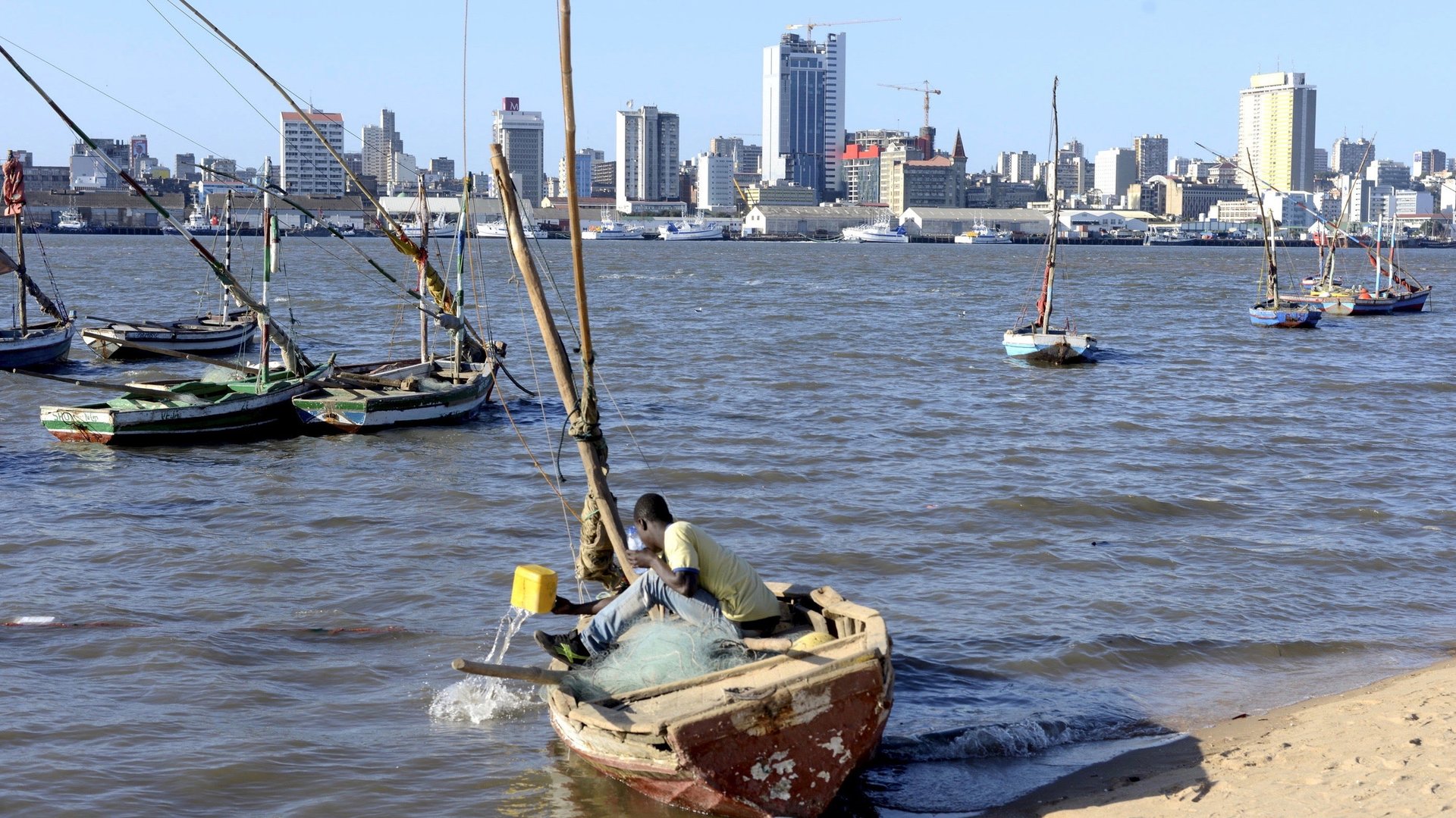Mozambique’s new central bank chief is an IMF veteran who’ll take on its IMF debt problem
Mozambique’s new central bank governor took office this week, amid hopes that the former International Monetary Fund employee will help repair the country’s relationship with the financial institution and restore investor confidence, after the discovery of a hidden $1.4 billion debt earlier this year. Repairing Mozambique’s fiscal reputation, however, will require more from the country’s government than a key appointment.


Mozambique’s new central bank governor took office this week, amid hopes that the former International Monetary Fund employee will help repair the country’s relationship with the financial institution and restore investor confidence, after the discovery of a hidden $1.4 billion debt earlier this year. Repairing Mozambique’s fiscal reputation, however, will require more from the country’s government than a key appointment.
Rogerio Lucas Zandamela was appointed central bank governor by Mozambican president Filipe Nyusi last month. Zandamela is a Mozambican who has worked for the IMF since 1988, according to the state news agency AIM. The Mozambican government said Zandamela’s main challenge would be to curb rampant inflation and currency depreciation during the country’s worst financial crisis in two decades. Zandamela told reporters on Sept. 1, the country had to regain “international credibility”.
In April this year, the IMF discovered that the Mozambican government had failed to disclose borrowing from Swiss multinational financial services firm Credit Suisse and the Russian VTB bank. The IMF was tipped off by reports, which were later confirmed by the finance minister. The debt amounted to 10.4% of Mozambique’s GDP.
On returning from Mozambique, the IMF outlined a dire picture of the country’s economy. Factoring in the hidden debt, Mozambique’s debt at the end of 2015 was now 86% of the GDP, with public debt now expected to reach “a high risk of distress,” said Michel Lazare, who led the IMF visit.
“The nomination of a new governor familiar with the IMF combined with a new IMF team can give a new momentum to the negotiations,” said Victor Lopes, a senior economist at Standard Chartered. “But key points of negotiations like an international audit depend more on the minister of finance or the presidency than on the central bank governor.”